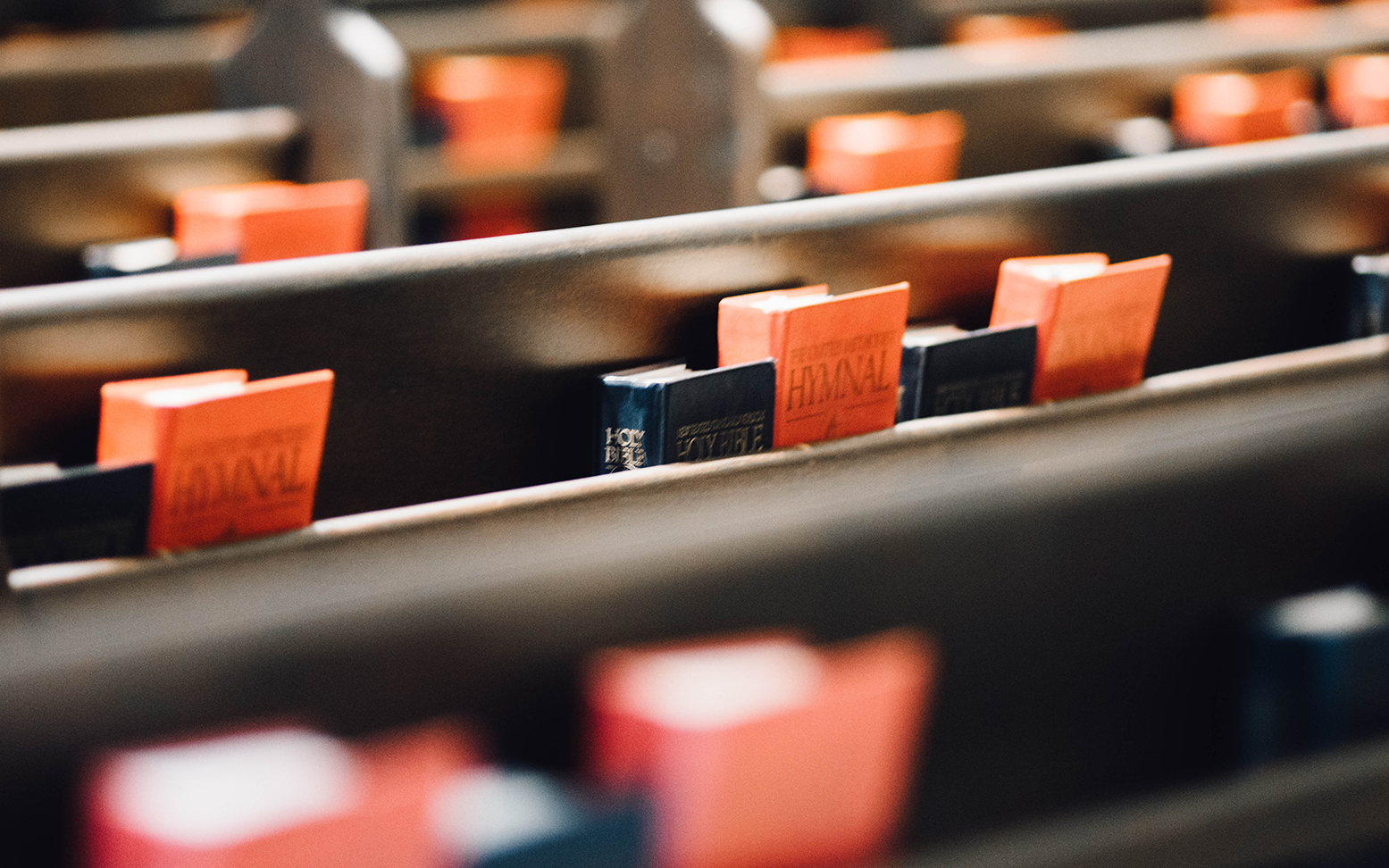There are many good, and even some great, Christian songs being written and produced today. It is easy to get so caught up in the latest releases we forget the rich history modern worship music draws from. Below is part of a series looking back at historic hymns that drew much more than just the voice of the worshipper to heaven. It also directed the worshipper’s heart, mind, and soul to the reality of our holy, infinite, righteous Father.
Here is a hymn that is all but forgotten and deserves to be rediscovered. A Debtor to Mercy Alone is a beautifully written declaration of man’s insufficiency and Christ’s power to save, a timeless testimony of the grace of God in the lives of His undeserving children. Written by prolific hymnist and priest Augustus Toplady (1740-1778), this elegant song echoes from the past as a comforting reminder of where Christians must place their trust: in the arms of the almighty Savior, Christ Jesus.
A debtor to mercy alone, of covenant mercy I sing;
Nor fear, with Thy righteousness on, my person and off’ring to bring.
The terrors of law and of God with me can have nothing to do;
My Savior’s obedience and blood hide all my transgressions from view.
Verse one begins the hymn with a declaration of two things: the helplessness of a sinner, and the salvation found in Christ. The Christian is a debtor only to mercy, the recipient in the covenant of grace written in the blood of Christ. Grace is the environment of the believer. There is no more wrath awaiting him or her at the end of life, only the loving embrace and fellowship of Christ and the saints. The “terrors of law and of God,” the sinner’s expectation of certain destruction, have nothing to do with the Christian. As far as the Christian is concerned, God’s wrath is no more. Christ’s blood and righteousness cover the Christian.
The work, which His goodness began, the arm of His strength will complete;
His promise is Yea and Amen, and never was forfeited yet.
Things future, nor things that are now, nor all things below or above,
Can make Him His purpose forgo, or sever my soul from His love.
Verse two turns from the environment of the Christian’s faith to the object of the Christian’s faith: Christ’s trustworthiness. The fact is that once Christ sets His hand to the plow He will never look back or stop. He will see His mission through to the end. How do we know? Two things: First, Christ already faced hell for the Christian. There is no greater test of His trustworthiness than that. Second, the Christian can never point to a time in his or her life where Christ failed to keep His promises. Like Polycarp said, “Eighty and six years have I served Him, and He never did me any injury…”
My name from the palms of His hands eternity will not erase;
Impressed on His heart it remains, in marks of indelible grace.
Yes, I to the end shall endure, as sure as the earnest is giv’n;
More happy, but not more secure, the glorified spirits in Heav’n.
Verse three moves from the object of faith to the effects of faith: the perseverance of the Christian. Because the Christian’s name and the Christian’s security are firmly etched in the sacred wounds of Christ and was written there by the undying love of the unchangeable, immutable God, there is absolutely nothing conceivable that could place the Christian back under the tyranny of sin. The Christian cannot be lost because God has put His claim on the Christian. It is indelible. There is no erasing this grace, no changing God’s mind, no plucking the Christian out of the heart of God.
Yes, Christian, you will endure all the way to the end. You may not yet see Christ face to face as your brothers and sisters in glory, but you are no less secure in your position than they are. If your salvation were founded on your works, you would fail. If it were founded on your intentions, you would fail. If it were founded on your best, most selfless acts of worship, you would be headed straight for wrath. But it is founded on the person and character of God Himself. He has saved you, He has borne your sins, and He has claimed you as His own. You bear His name. He will not let you fail.






